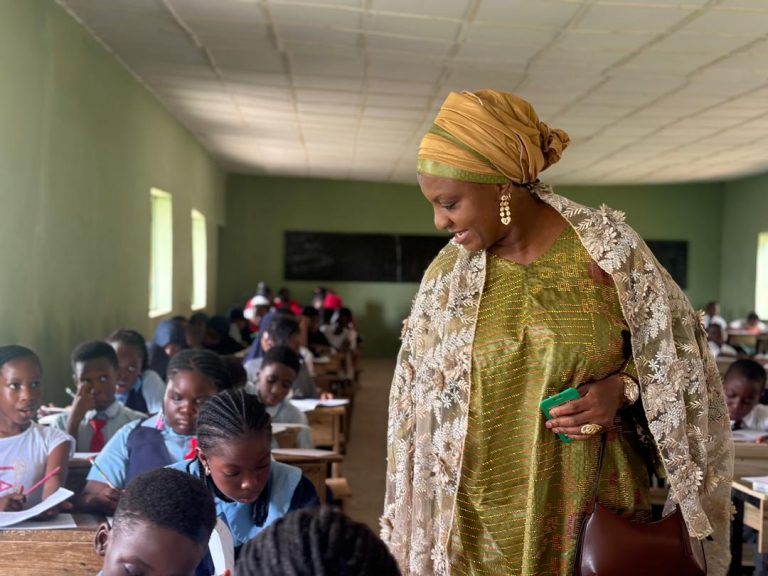Pyrates Confraternity tackles FG over sorry state of Nigerian tertiary education
The National Association of Seadogs, (Pyrates Confraternity) in Nigeria, has frowned at the sorry state of education in Nigerian tertiary institutions, especially the public universities.
The group revealed that it was scandalous that the Academic Staff Union of Universities, ASUU, would have to remain on industrial strike to avoid a total collapse of the Nigerian university system.
NAS Capoon Abiola Owoaje made this revelation while Speaking at the unveiling of the Confraternity’s 70th anniversary logo/theme.
He recalled that many of the members of the confraternity who had made it in their chosen profession and have become the pride of the country both home and in the Diaspora, had attended Nigerian public universities.
“We are, however, saddened by the sorry state of education in our tertiary institutions, especially Nigerian universities,” he said.
He cried out that successive governments in the country, had similarly treated education in reckless manner.
“This unfortunate state of affairs imperils the very future of an entire generation of young people.
“It beggars belief that a government can be so indifferent to what becomes of a largely youthful demography that is the most populous in the continent,” he added.
Abiola said, “as we inch closer to the 2023 elections, the confraternity will also continue to push for a just society where no one would be a victim of colour, gender or creed.
“We shall join Nigerians to demand for free, fair and credible elections in 2023,” he declared.
He further recalled that some seventy years ago, seven committed, and patriotic undergraduates, namely – Wole Soyinka, Ralph Opara, Nathaniel Oyelola, Pius Oleghe, Olumuyiwa Awe, Ikpehare Aig-Imoukhuede and Slyvanus Egbuche, attending the University College Ibadan, now University of Ibadan, took a giant revolutionary step towards success and achievement by forming the Pyrates Confraternity.
“In 1952, when the Pyrates Confraternity was formed, its fundamental ethos was not just limited to fighting for the oppressed, speaking for the deprived, and resolving myriad injustices in the march towards the attainment of a just and egalitarian society.
“Certainly, it was a trailblazing initiative by these seven undergraduates, which restored dignity, confidence and an enduring sense of worth and justice to a large segment of Nigeria’s population in those heady days of colonial subjugation,” Abiola stated.






